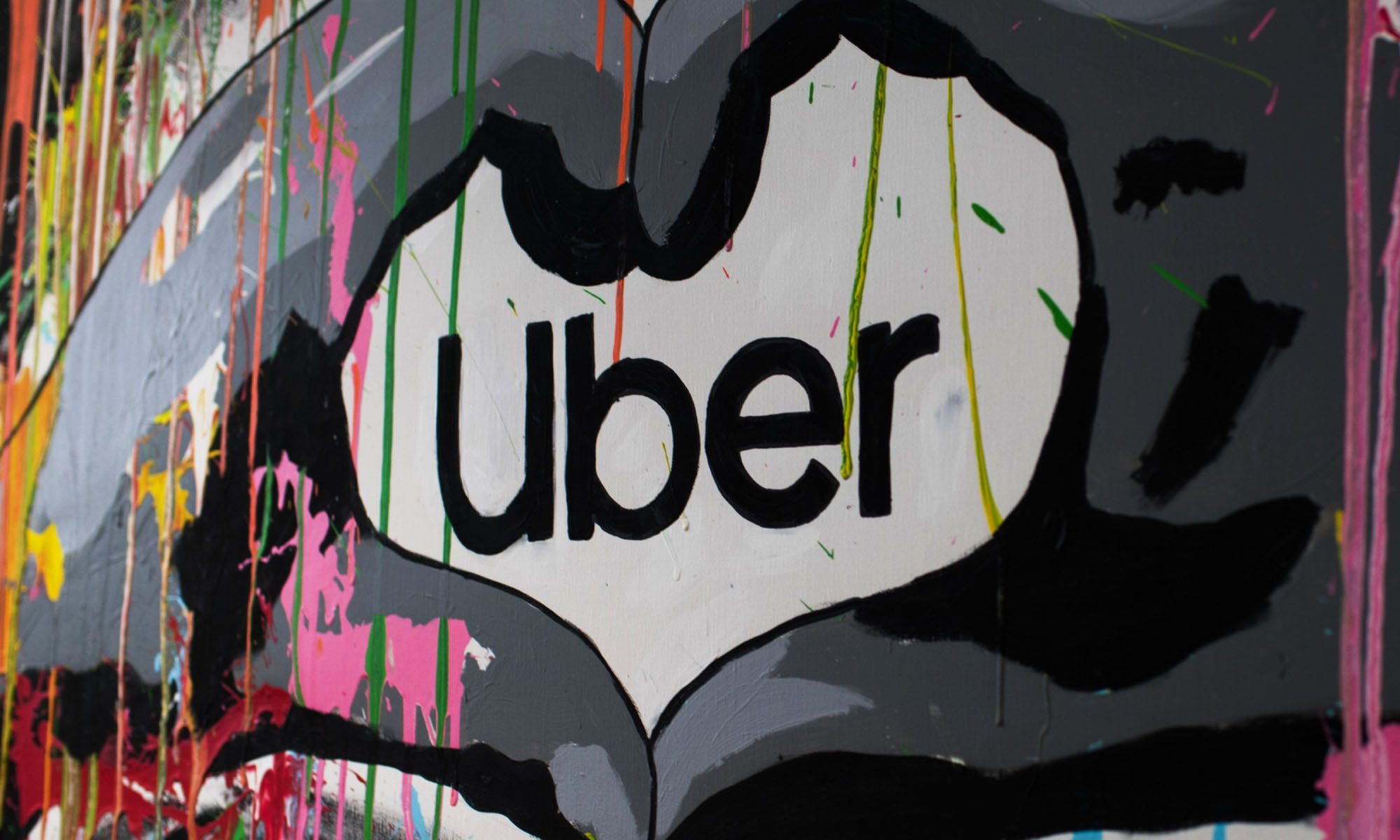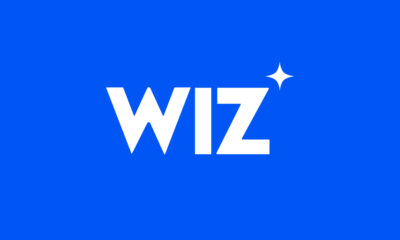News
Uber Blames Lapsus$ Hacking Collective For Data Breach
The hack targeted a Slack channel using a password purchased from the dark web, though the company claims no client data was compromised.

Lapsus$ is a collective of hackers famous for ransomware attacks and data theft from huge companies such as Microsoft, Vodafone and Nvidia. Now, the group has successfully targeted ride-sharing giant Uber.
Uber’s systems were breached sometime last week, with employees discovering the hack on Thursday, 15th September. The infiltrator announced their actions on the company’s internal Slack account with a message that read: “I announce I am a hacker and Uber has suffered a data breach.”
Uber claims the hacker is associated with the Lapsus$ group. If that’s true, it means they could also be responsible for a massive data breach of Rockstar Games and its upcoming Grand Theft Auto VI (GTA 6) release, as the attacker announced that they were, in fact, the same person.
As far as Uber is concerned, no customer data was compromised during the hack, with the breach targeting invoice management tools and content from Slack channels.
In a new update about the fiasco, Uber believes the attack happened after the hacker purchased a corporate password on the dark web from a personal device that was infected with malware. Even though 2-factor authentication was activated, the contractor inexplicably allowed a login approval request, which granted entry to the account.
Since the data breach, the company has forced all users to change their login credentials and is adamant that any public-facing financial data or personal information remains secure.
Also Read: DDoS Attacks Are A Growing Threat In Gaming
“First and foremost, we’ve not seen that the attacker accessed the production (i.e. public-facing) systems that power our apps; any user accounts; or the databases we use to store sensitive user information, like credit card numbers, user bank account info, or trip history. We also encrypt credit card information and personal health data, offering a further layer of protection,” says Uber in an official statement.
To add to the embarrassment, Uber admits that the hacker accessed the company’s dashboard portal at HackerOne, where researchers report security bugs and vulnerabilities. In addition to law enforcement, Uber is now working alongside leading digital forensics teams to get to the bottom of the breach.
News
Influencer Growth Fuels Saudi Creator Economy Surge
The Kingdom’s creator economy grew over 32% in Q1 2025, fueled by TikTok, UGC, and cost-per-action (CPA) influencer models.

Saudi Arabia’s creator economy saw a significant 32.37% growth in the first quarter of 2025, driven by an uptick in influencer marketing, content-driven e-commerce, and the increasing influence of user-generated content (UGC). These insights come from a recent study by Admitad and the Stllr Network.
Much of this momentum is coming from video-based platforms, where brands are leaning on creators who feel more relatable than polished ad campaigns. The trend shows a clear preference for authenticity, as audiences gravitate toward content that feels real and personal.
Mohannad Alzahrani, Co-founder and VP KSA of Stllr Network, highlighted the shift: “The rise of user-generated content (UGC) is changing the way brands engage with consumers. Audiences trust real creators more than traditional advertising, making UGC a key driver of authenticity and sales”.
TikTok remains the dominant platform in this space, reportedly reaching 88% of the Saudi population. It also showed the sharpest rise in influencer-led transactions. Other platforms followed with solid, if less dramatic, growth: X was up 17%, Instagram increased by 12%, and Telegram by 10%.
In terms of content niches, beauty led the pack with a 56% growth rate, followed by lifestyle at 45.8% and fashion at 18.2%. Tech content also showed healthy traction at 10.6%, while entertainment, food, fitness, parenting, and gaming posted smaller — but still positive — gains.
Also Read: Top E-Commerce Websites In The Middle East In 2025
The report analyzed more than 300,000 influencer-driven purchases. These efforts translated into a 15% year-on-year jump in Gross Merchandise Value (GMV) and a 5% increase in the number of orders in 2024. Influencers themselves are seeing the benefit, with average order values hitting $54 and creator earnings rising by 14%.
A noticeable trend is the move away from fixed-rate deals. More influencers in Saudi Arabia are embracing hybrid compensation models — especially cost-per-action (CPA) setups that tie their earnings directly to performance.
As Anna Gidirim, CEO of Admitad, explains, “The CPA model brings much-needed transparency to influencer marketing. Brands only pay for actual results, and influencers benefit by securing long-term partnerships while offering their audiences exclusive promo codes and special discounts”.
However, the ecosystem still shows a gender imbalance. The data indicates that 63% of creators in Saudi Arabia are men, while women account for just 37%.
























